What Exactly is HR?
Is it a daft question? Martin Nicholson doesn’t think so. After 30 years in the profession, he’s well aware that there is a broad range of beliefs and understanding about what HR stands for and should be.
Here he discusses what HR covers in a business, and how he sees the function helping organisations thrive through the value and uniqueness of their people. Oh, and what it should be called!
Human Relics?
Human Remains?
Of course not. But is Human Resources much better? Especially if we take it literally.
I went into Personnel, and then shortly afterward the newly-named Human Resources, in the mid 1990’s. I got my professional qualifications before learning and personnel combined (IPM - Institute of Personnel Management - became IPD - Institute of Personnel & Development).
I have got to say, the reason for studying this profession was a naïve one on my part. But the fact remains, despite the upturn in the value placed on HR through the Covid period, there are still so many views of what HR is and what it should be.
I don’t like the HR tagline but helping businesses thrive through the value and uniqueness of their people is what we at ProAction HR do. Yes, we do need to create policies and develop processes for our clients. But I’d sooner deliver what’s needed, then spend time coaching and convincing managers to manage, rather than become the policy police. There, I said it! Another phrase constantly thrown at HR’s door. We are the the fun police right?
Actually, good business practice would allow any manager or leader to point out where the business is being inconsistent, risking their reputation, or not treating staff in a way which creates best value. It should never be for HR to stand alone with these opinions.
HR for me is about getting the best from your most valuable and EXPENSIVE asset: your people. I refer to Herzberg’s hygiene factors - building on Maslow’s hierarchy of needs - as an example of the basics we must get right. But the fact remains (and scarily in tune with Ulrich’s earlier models!) the more HR does higher up the food chain, at manager and boardroom levels, to impact the way in which people are managed and planned for, the better and more valuable we can become.
HR covers a broad variety of services connected to the staffing needs of a business, including:
Talent acquisition or recruitment;
Learning and development;
Talent development;
Organisation design;
HR Business partnering/Employee Relations;
Compensation and Rewards;
HR Administration;
Even payroll.
As long as we derive value by delivering efficiently and adding value to an organisation, does it matter what we are called and who we work for? Actually it does. And there is a good deal of confusion over who we are there for.
Who are we there to serve?
Let’s kick the elephant out of the room here. HR is employed by the business for the business, so it’s not there for tea and sympathy with individual staff - though support and coaching of staff may be a valuable side hustle.
Also, HR is not employed by the managers. So we should never be there to make managers’ lives easier by taking any additional workload from them if they can’t cope. I have seen HR take away processes that managers can’t deliver and do it themselves, and then seen the business rightly question the size of the resource in HR!
‘Employed by the business’ means we are there to get the best from all of the human assets (I hate these words!) in an organisation: individual staff, managers and yes leaders/the C-Suite/executives.
Is a title really that hard?
So what then should we call ourselves? I don’t like Human Resources or HR - it is too cold and clinical.
I have heard the title People and Culture Team become quite popular. Perhaps more outlandish is Chief of Happiness! Do both (and every other variant of them) though, suggest no one else outside of the function should think about culture or happiness?
So perhaps we should simply retitle as People Team. It seems to be increasingly popular and does what it says on the tin. Everything about the People in the organisation: how to hire, manage, develop, exit, etc. to maximise the performance of the organisation. This includes ensuring managers manage in a way that is fit for the culture of the business, and ensuring managers manage the behaviours of staff that aren’t fitting with that culture.
Or to put it another way, ensure “Organisations thrive through the value and uniqueness of their people” . Hmmm… where I have heard that before?
ProAction HR was formed in 2019 with the intent to focus on HR support for SME businesses, including: outsourced HR services; management of change projects; learning & development, focussed primarily on managers and leaders. If you would like to understand more about our services and how we can help you thrive then please get in touch for a FREE discovery call.
Martin Nicholson is the Managing Consultant at ProAction HR, providing Human Resources Services to SME businesses in Southampton, Winchester and throughout Hampshire and the adjoining counties.
Co-founder of the Winchester-based HR company, Martin and his team support clients across Hampshire and neighbouring counties, providing HR advice, HR consultancy, and HR services. They cover a broad range of HR solutions, from one-off responsive HR support to a full Human Resources service, along with Learning & Development, Training and Change Management.
“Helping organisations to thrive on the value & uniqueness of their people.”



